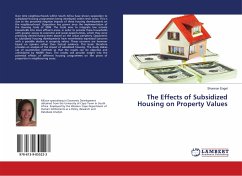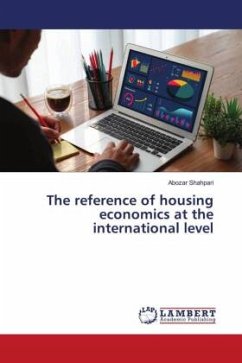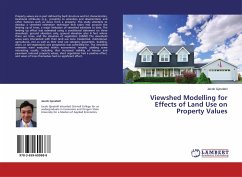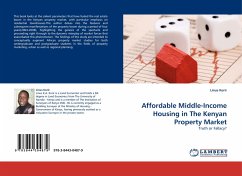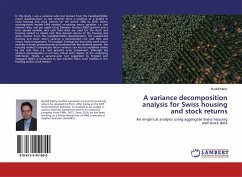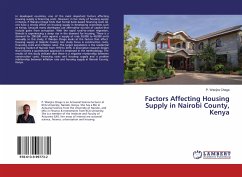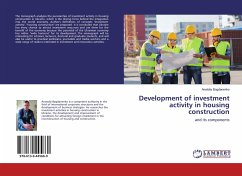Over time neighbourhoods within South Africa have shown opposition to subsidized housing programmes being developed within their areas. This is due to the perceived negative impacts of these housing developments on the neighbourhood. Opposition has grown since the implementation of the Housing Code of 2009. The Code aims to integrate low income households into more affluent areas, in order to provide these households with greater access to economic and social opportunities, which they were previously denied having been placed on the urban periphery. Opponents to subsidized housing developments have nevertheless expressed concerns with a possible decline in property values. These concerns are however based on opinion rather than factual evidence. This book therefore provides an analysis of the impact of subsidized housing. The study makes use of quantitative methods so that the results can be objective and unhindered by NIMBY fears. The results will provide insight into the potential effects of different housing programmes on the prices of properties in neighbouring areas.
Bitte wählen Sie Ihr Anliegen aus.
Rechnungen
Retourenschein anfordern
Bestellstatus
Storno

